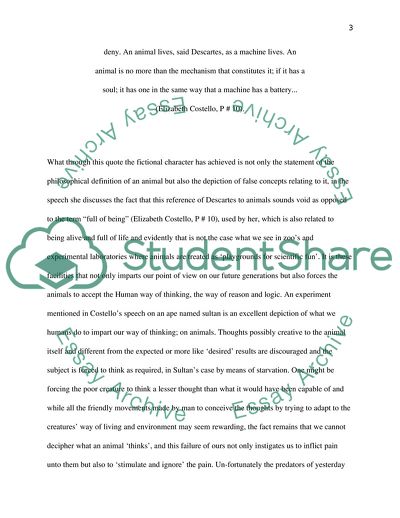Cite this document
(Human and Animals as Species Coursework Example | Topics and Well Written Essays - 1750 words, n.d.)
Human and Animals as Species Coursework Example | Topics and Well Written Essays - 1750 words. Retrieved from https://studentshare.org/biology/1734497-human-and-animals-analysis
Human and Animals as Species Coursework Example | Topics and Well Written Essays - 1750 words. Retrieved from https://studentshare.org/biology/1734497-human-and-animals-analysis
(Human and Animals As Species Coursework Example | Topics and Well Written Essays - 1750 Words)
Human and Animals As Species Coursework Example | Topics and Well Written Essays - 1750 Words. https://studentshare.org/biology/1734497-human-and-animals-analysis.
Human and Animals As Species Coursework Example | Topics and Well Written Essays - 1750 Words. https://studentshare.org/biology/1734497-human-and-animals-analysis.
“Human and Animals As Species Coursework Example | Topics and Well Written Essays - 1750 Words”. https://studentshare.org/biology/1734497-human-and-animals-analysis.


